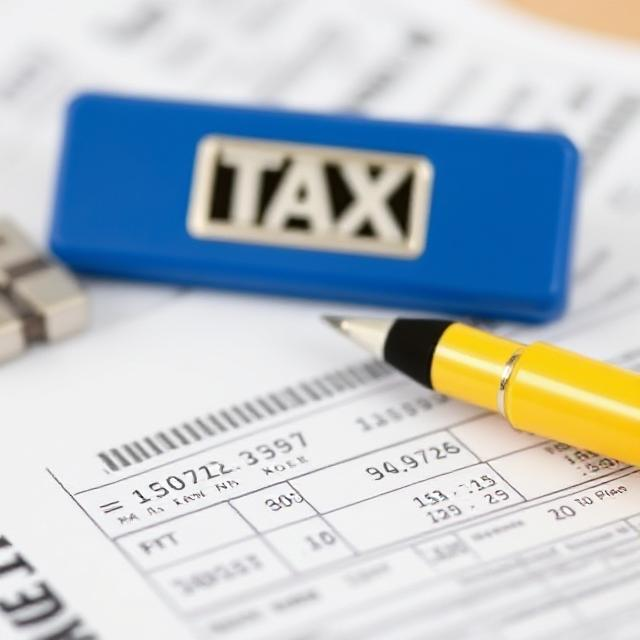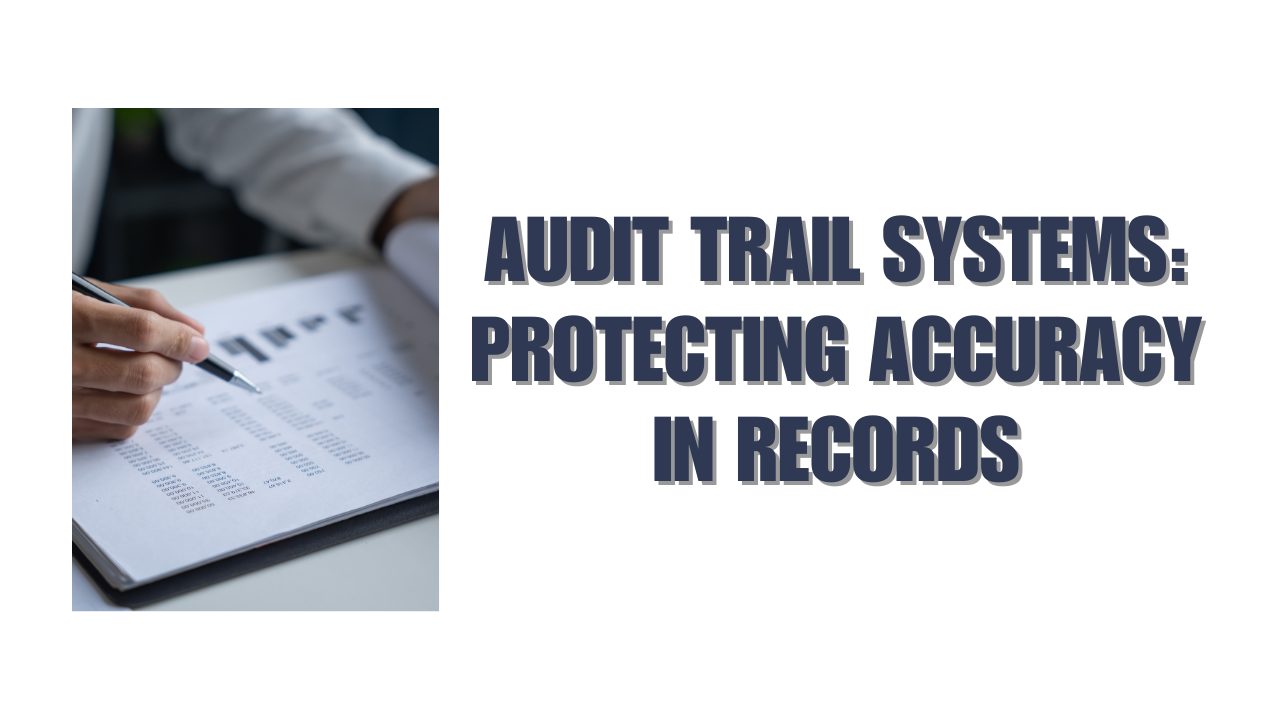As a small to medium-sized enterprise (SME) in New Zealand, managing taxes can be a daunting task. Tax obligations can become overwhelming, particularly for businesses that are still growing and focusing on their core operations. Adopting effective tax strategies for New Zealand SMEs can not only help minimize your tax burden but also ensure compliance with local regulations. This article explores key tax planning methods that can significantly benefit your SME. It can also optimize your savings and guarantee adherence to New Zealand’s tax laws.
1. Understanding the Tax Landscape for New Zealand SMEs
Before diving into specific strategies, it’s essential to understand the New Zealand tax system and its implications for small businesses. The New Zealand tax regime is designed to be straightforward but navigating it can be complex for business owners unfamiliar with the system.
- Income Tax: New Zealand SMEs are required to pay income tax on profits earned from business activities. The standard corporate tax rate is 28%, which applies to most companies, while individuals earning income through a sole trader or partnership model are taxed at individual tax rates.
- GST (Goods and Services Tax): SMEs that have a turnover of more than $60,000 annually are required to register for GST. This tax is added to the cost of goods and services and is payable to the New Zealand Inland Revenue Department (IRD). Businesses can also claim back GST on business-related expenses.
- Fringe Benefit Tax (FBT): If you provide non-cash benefits to your employees (e.g., a car or accommodation), you may need to pay FBT. Understanding how to handle FBT is a crucial part of your overall tax strategy.
- PAYE (Pay as You Earn): Businesses that have employees must deduct tax from their wages or salaries and remit it to the IRD. Understanding how PAYE works ensures that you’re compliant and avoid penalties.
To successfully manage your business’s tax obligations, it’s essential to have a proactive tax strategy and work with tax advisory services for SMEs that are tailored to your specific needs.
2. Tax Planning and Deductions: Maximize Your Savings
Tax deductions are one of the most effective ways to reduce your taxable income and ultimately lower the amount of tax you owe. By knowing which expenses are deductible, you can ensure that you’re not overpaying.
Here are several tax deductions for New Zealand SMEs that are often overlooked:
- Operational Expenses: This includes rent, utilities, insurance, and office supplies. Any expenditure directly related to running your business is typically tax-deductible.
- Employee Salaries and Wages: As a business owner, wages paid to employees are deductible from your taxable income. This includes salary, bonuses, and even some employee benefits.
- Depreciation: Business assets such as computers, machinery, and office furniture can be depreciated over time. You can claim a tax deduction for depreciation based on the asset’s useful life.
- Professional Services: Fees paid to accountants, legal professionals, or other advisors are also deductible. This makes it important to work with a knowledgeable small business tax expert who can guide you in reducing your taxable income through these deductions.
- Interest on Loans: If you have business loans, the interest paid on them is tax-deductible. It’s essential to keep accurate records to ensure you can claim these deductions when filing your tax return.
By focusing on these key deductions, you can reduce your taxable income and increase your overall profitability.
3. Tax Efficiency for Small Businesses in New Zealand
Achieving tax efficiency for small businesses in New Zealand is not about reducing the amount of tax owed but also structuring your business in a way that minimizes tax liabilities while ensuring compliance. Here are some strategies for improving tax efficiency:
a. Choosing the Right Business Structure
The structure of your business will significantly affect the way you’re taxed. New Zealand offers several business structures, each with different tax implications:
- Sole Trader: If you run your business as a sole trader, your business income is taxed as personal income. This may not be the most tax-efficient structure if your earnings are significant, as personal tax rates can be higher.
- Partnership: A partnership structure involves two or more individuals sharing profits and liabilities. Tax is paid on the partner’s share of the business’s profits at their personal tax rate.
- Limited Liability Company: This is one of the most tax-efficient structures. A company is taxed at the corporate tax rate (currently 28%), and the liability of the shareholders is limited. A limited liability company also allows for better control of profits and dividends, which can be distributed in a tax-efficient manner.
b. Salary vs. Dividends
For businesses operating as limited companies, one of the most effective ways to reduce your personal tax liability is through a combination of salary and dividends. While salaries are subject to PAYE, dividends can be a more tax-efficient way to distribute profits to shareholders.
- Salary: The salary you pay yourself is a deductible business expense, which reduces the company’s taxable income.
- Dividends: Dividends are paid out of after-tax profits, but they are typically subject to a lower tax rate than salary income. Additionally, if your company qualifies for the imputation system, you may be able to offset taxes paid by the company with taxes already paid at the shareholder level.
This approach allows business owners to reduce their overall tax burden while also ensuring that their personal income is managed in a tax-efficient manner.
4. GST Management and Compliance
As your business grows, managing GST becomes increasingly important. New Zealand’s GST system requires businesses with annual revenue exceeding $60,000 to register and charge GST on their goods and services. However, businesses can also claim GST back on their business-related purchases.
a. Claiming GST on Business Expenses
To ensure you’re fully compliant and taking advantage of all available credits, make sure to keep detailed records of all business purchases. This includes invoices from suppliers and receipts for any goods or services purchased. Proper record-keeping will enable you to claim back the GST on eligible expenses, which can significantly improve cash flow.
b. Quarterly and Annual GST Returns
It’s essential to file your GST returns on time to avoid penalties. In New Zealand, most businesses are required to file their returns on a quarterly basis. It must be noted that the annual returns may be possible for some smaller businesses. Ensuring that your returns are filed on time can prevent unnecessary fines and interest charges.
5. Tax Strategies for New Zealand Startups
For startups, managing tax efficiently from the outset can set the stage for long-term success. Some tax strategies for startups in New Zealand include:
- Tax Credits for Research and Development: New Zealand offers a generous R&D tax credit that incentivizes businesses investing in innovation. If your business conducts eligible research and development activities, you may be able to claim up to 15% of eligible R&D expenditure.
- Start-up Losses: Startups often incur losses in their early years. The good news is that New Zealand offers several ways to offset those losses against future profits. It includes reducing tax obligations once the business becomes profitable.
- Small Business Accounting and Tax Software: New Zealand businesses can take advantage of various accounting tools like Xero, which make tax planning and reporting much easier for startups. These tools help ensure accurate record-keeping, timely tax filings, and better financial management.
6. Work with a Tax Advisor for New Zealand SMEs
Navigating the complexities of tax planning and compliance is challenging, especially for growing businesses. Working with experienced tax advisory services for SMEs ensures that you’re making the most of your tax deductions. This helps in avoiding common mistakes and staying compliant with New Zealand’s tax regulations.
A professional tax advisor will not only help with tax return preparation but also provide valuable advice on business structure, tax-efficient strategies, and financial management.
Conclusion
Effective tax planning is an essential aspect of running a successful SME in New Zealand. By employing tax strategies for New Zealand SMEs, you can reduce your tax liabilities and increase profitability. This ensures that your business stays compliant with the law. From choosing the right business structure to optimizing GST management, there are numerous ways to maximize your savings and grow your business.
Whether you’re just starting or looking to improve your existing tax strategy, working with an expert tax advisor can help ensure your business’s long-term financial success. By implementing these tax strategies, you’ll position your SME to thrive in the competitive New Zealand market.






